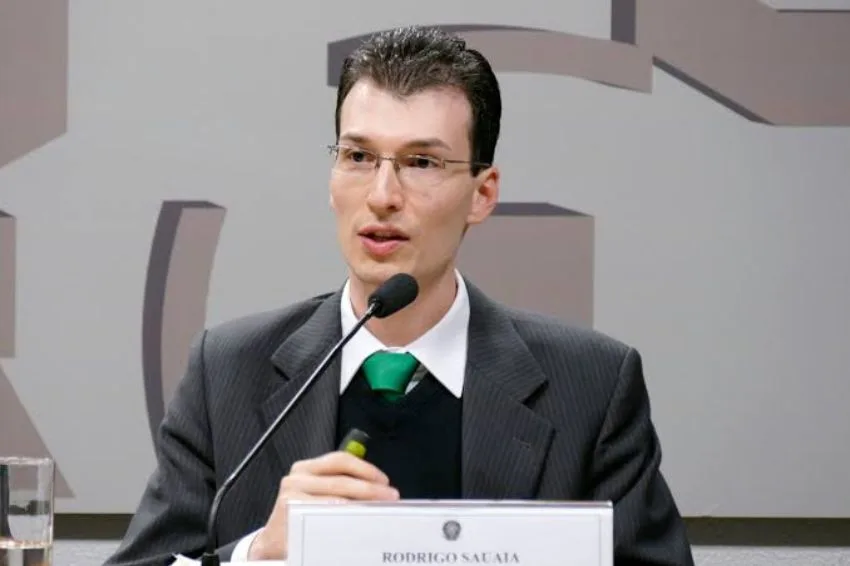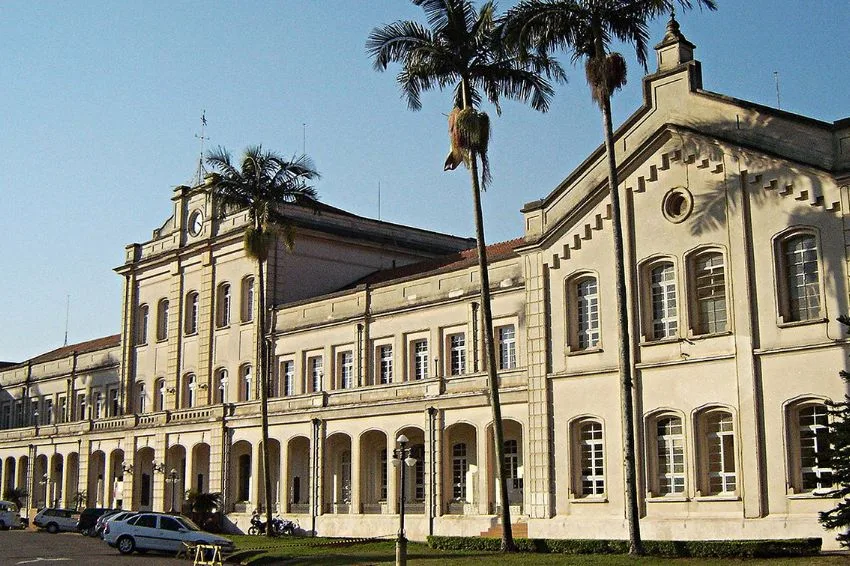The meaning of a surplus plant, in fact, is an energy generation system in which the consumer unit does not use all the energy that was generated by the system, having a “surplus”.
In other words, if all the charge that is generated is not completely used, it generates a surplus of energy.
And when this surplus is not used, it starts to promote the balance of energy credits of the generating unit, as long as this plant participates in the energy compensation system, which is available to consumer units in the captive market.
The credit balance has a validity period for use and may expire if not consumed within the period stipulated by law.
According to Rodrigo Renó, president of RenovaEco Cooperativa de Energia, situations like this are understood as a point of inefficiency in the use of resources.
“It’s like saying you’re leaving money in your bank account and not investing it,” he said.
And how can the generator participate?
“The generator can choose to improve the energy use of its surplus generation. To do this, it makes the surplus generated available to the cooperative”, explained Renó.
“To ensure that the surplus is used by the cooperative, it is essential that the generator is a member of the cooperative”, he stated.
Thus, within the cooperative model, it can benefit other members who do not have a generation system, strengthening collaboration and sustainability in the community.
Rodrigo states that, although we are talking about an energy market and distributed generation, it is an operation inherent to Cooperativism, where one member benefits another member.
Depending on the monthly volume of surplus generation, the generator can benefit in different ways, from reducing their minimum bill, to generating a surplus, which can be transformed into resources of any nature, such as money or another form of value. .
“The cooperative model can enable more efficient investments in distributed generation and more business opportunities for solar integrators”, stated Renó.
“Furthermore, when well worked and stimulated, cooperativism as a basis starts to move and impact in an organic way all value chains that depend on energy, proving to be an important foundation, or even the main route, for local development. and regional”, he added.
According to Rodrigo, the practices even go against the so-called distributed compensation, a distributed generation model with local compensation, which has proven to be as impactful as development models practiced by credit cooperatives.

Agricultural production in consortium
Rodrigo brings an example of a plant that recently came into operation, to which the concept of consortium agricultural production is being applied.
The plant is located in the municipality of Piranguinho (MG). The technology used in the system was bifacial modules, and pineapple and bean crops were introduced in the middle of the plant.

“The inspiration for the practice of agricultural consortium dates back to the beginning of RenonvaEco's operations, where the concept of cooperativism was very well assimilated by the rural producer who owns the land, where the first plant that came into operation in the cooperative's shared generation system is located, located in the municipality of Maria da Fé-MG”, commented Renó.
“It was a project where the agricultural production of pumpkins of different types made it possible to generate value for the rural producer, who also participates as a lessor of the space, owner of part of the plant, caretaker of the generation system and provider of organic products to other members of the cooperative” , he completed.

Also check out the full episode of Papo Solar with Rodrigo Renó with the theme: 'Discover how cooperativism is revolutionizing the renewable energy market in Brazil”.
All content on Canal Solar is protected by copyright law, and partial or total reproduction of this site in any medium is expressly prohibited. If you are interested in collaborating or reusing some of our material, we ask that you contact us via email: [email protected].
















